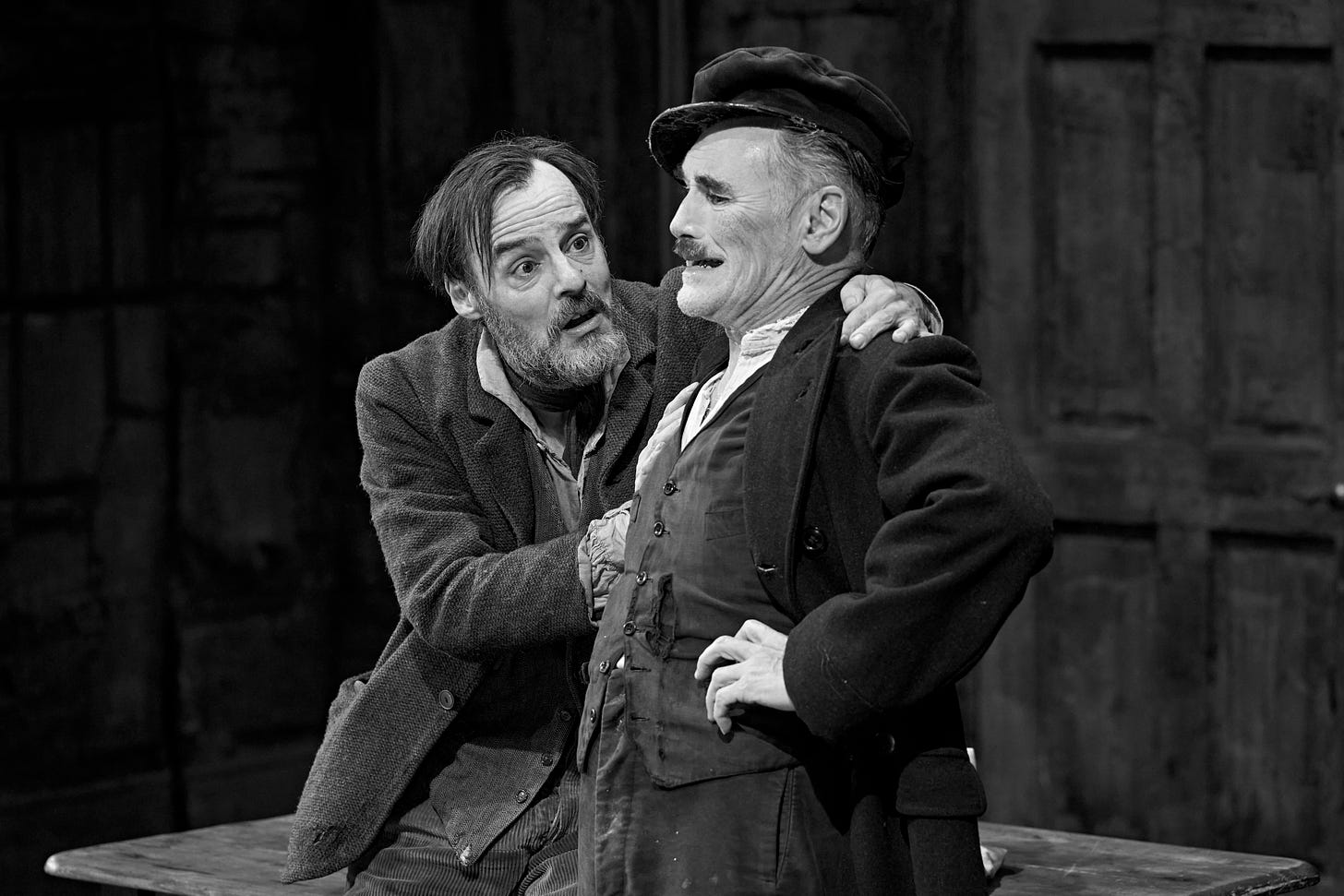
I’ve got a fair number of new free subscribers recently - welcome all - so to give them an idea of what you get for a p…
Keep reading with a 7-day free trial
Subscribe to The London Culture Edit to keep reading this post and get 7 days of free access to the full post archives.




